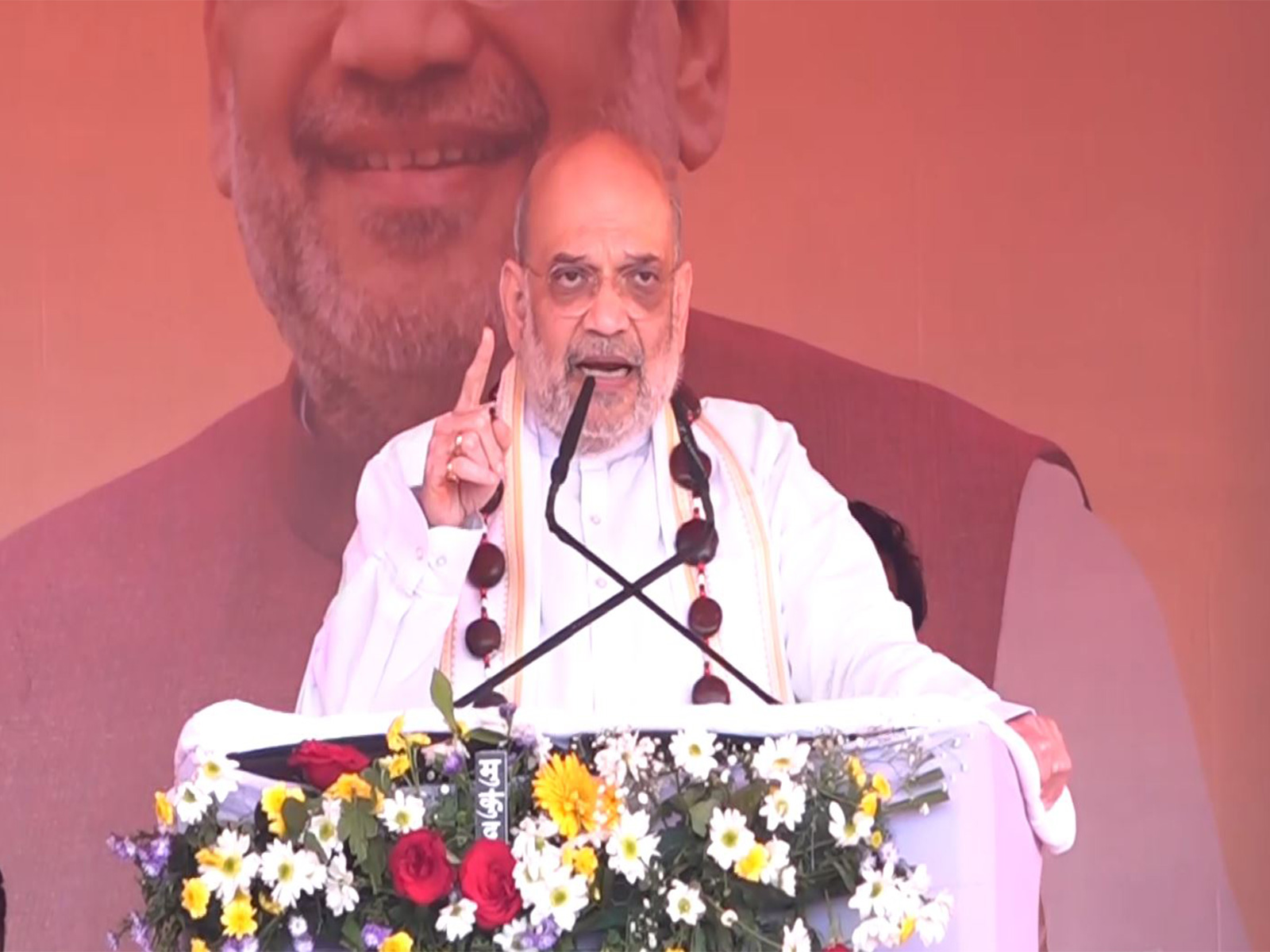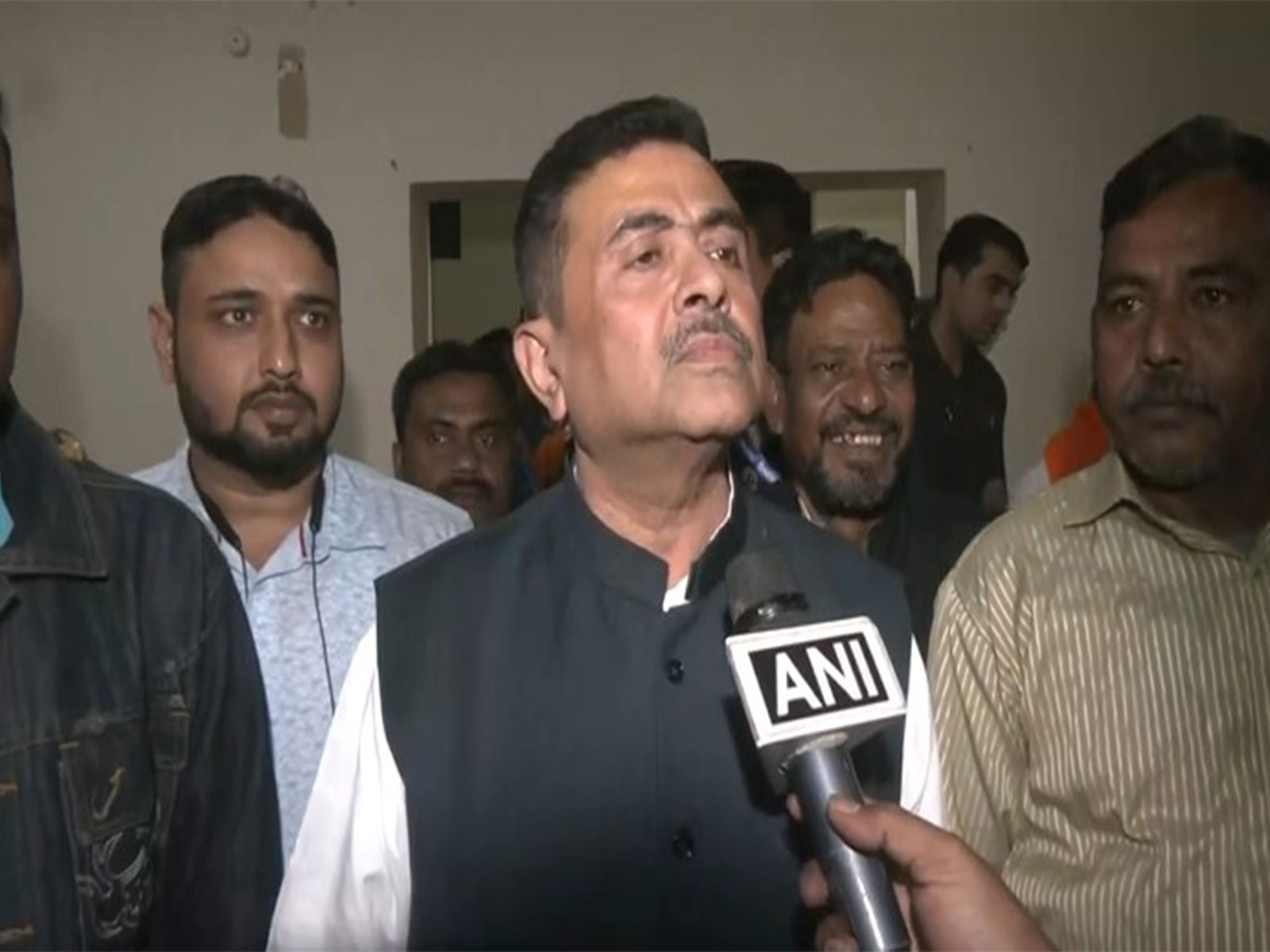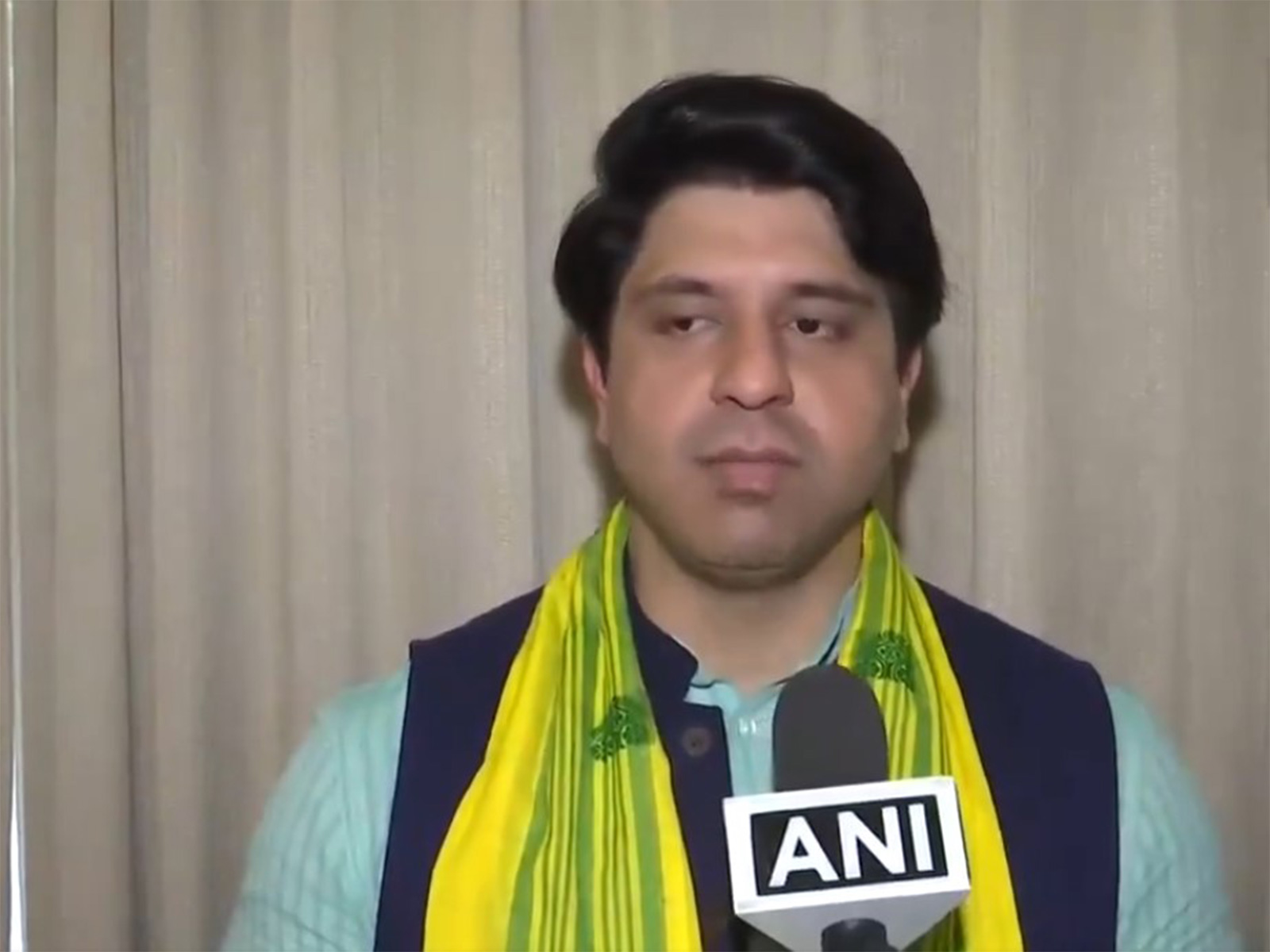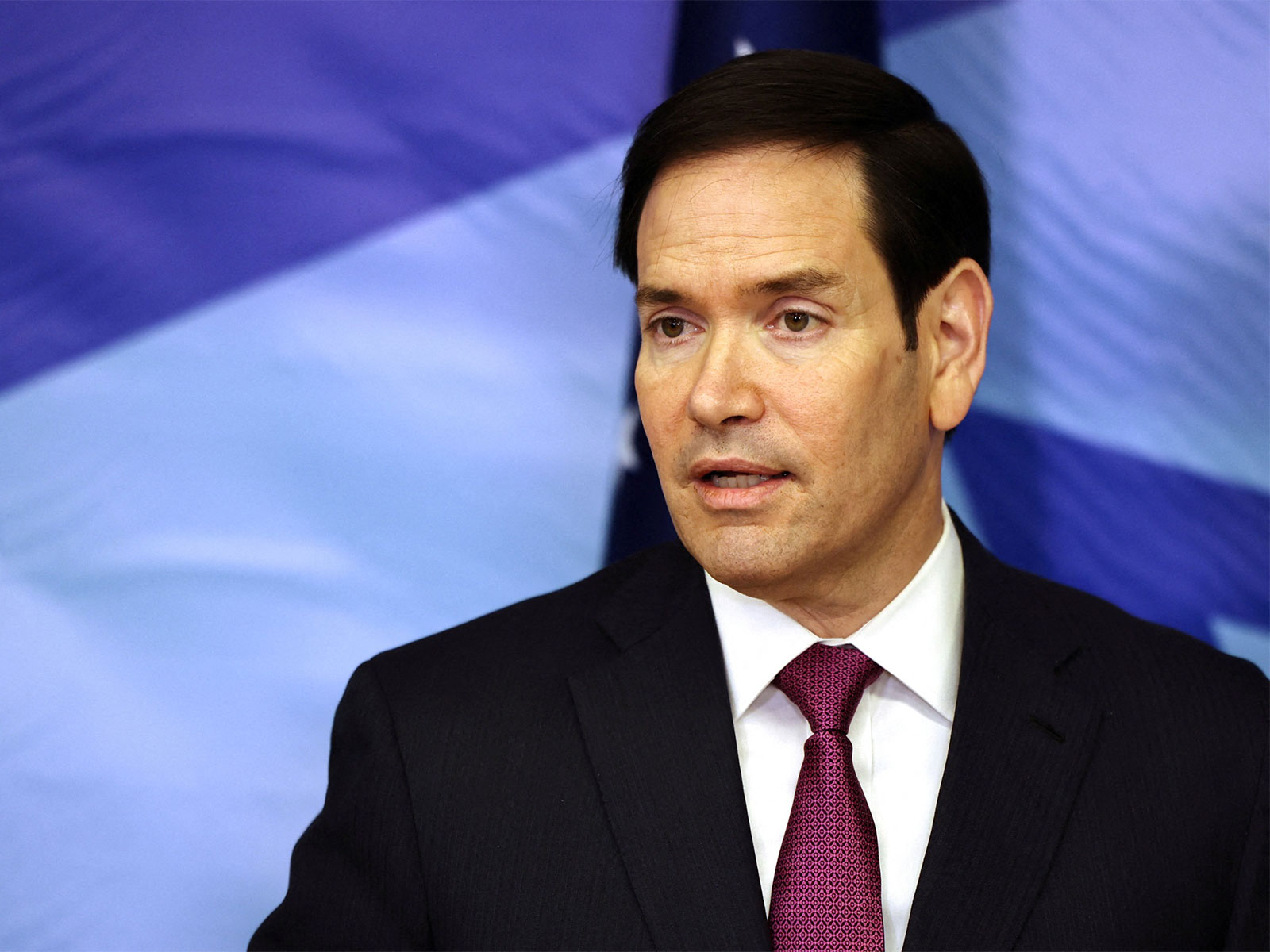‘Pathways to Equality: Advancing Gender Goals in the G20’ document charts pragmatic course towards equal future
Sep 13, 2023

New Delhi [India], September 13 : The Observer Research Foundation (ORF), as the Think20 Secretariat under India’s G20 Presidency, launched the Think20 (T20) volume, ‘Pathways to Equality: Advancing Gender Goals in the G20’ here in the national capital on Wednesday.
The publication assesses a selection of critical issues faced by women in the G20 nations. It is a critical ‘thinking and doing’ volume for readers seeking to understand how we can transform society by moving the needle on gender equality.
Hosted by Ashok Malik, Partner & Chair of India Practice, The Asia Group, the launch event kicked off with the India G20 Sherpa’s Address. Amitabh Kant, G20 Sherpa, India remarked, “It will take 132 years to bring gender parity. We don’t have that time. Whatever we have to do, we have to do in a decade."
"Even the issue of women-led development was debated and discussed for a long time at the G20. India fought to put women in positions of leadership," Kant said.
He further added, “If India is to grow, then women have to be the key drivers. Our ability to empower women is imperative to ensure economic growth continues. If India takes the lead, the world will follow.”
The address was followed by a panel discussion featuring Vaishali Nigam Sinha, Co-Founder and Chairperson of Sustainability, ReNew; Nitya Mohan Khemka, Director – Strategic Initiatives, PATH; Shombi Sharp, UN Resident Coordinator in India; and Ashok Malik.
Speaking on India’s support toward gender equality over the 76 years since Independence, Vaishali Nigam Sinha said, “Our Constitution is very supportive and accounts for women’s equality. Gender equality is clearly a priority of our leadership—that’s the good news.” She also touched upon how gender equality remains a global issue that still needs to be worked upon.
“Only 10 of 17 SDGs mention gender inclusiveness. The fastest way to shorten the path to gender parity is to reduce the digital divide. Men and women should use and access digital conveniences equally. As we transition to get more women to work, we need to provide the support they require including facilities like childcare, hostels, and safe spaces.”
Nitya Mohan Khemka remarked on learnings from the COVID-19 pandemic that can be leveraged towards advancing gender goals.
“COVID-19 gave us a valuable example on how to bring governments, civil society organisations and the private sector together to tackle an intractable problem,” she postulated. “The G20 along with the multilateral system can serve as a platform for standard setting and policymaking. SDGs are a template for development and a forum like the G20 must work to extend aid to other countries and catalyse change at home.”
Shombi Sharp elaborated on India’s role in multilateral efforts towards gender equality stating, “I have been calling India’s G20, “SDG20”. This G20 has introduced more ambitious language on gender equality into the G20 process.”
Elaborating on India’s G20 presidency’s push for women-led development, Ashok Malik remarked, “The Delhi Declaration has mentioned and tackled developmental issues that are imperative to the Global South to the G20 table—from COVID19 and the SDGs to Digital Public Infrastructure and technology access. Gender is implicated across these themes and have been addressed by India’s G20 Presidency.”
Edited by Vaishali Nigam Sinha and Nitya Mohan Khemka, the curated essays discuss gender inequality in the G20 countries and explore current initiatives that are being taken to address this pressing issue. The featured essays highlight the struggles but also offer ideas and positive examples of how gender bias can be remedied in creative and practical ways.
The compendium is organised by three broad themes—social and environmental (including progress on SDG-5, impacts of COVID-19, green energy transition, and climate change); political (such as the role of women in multilateral systems, peace, and security processes); and economic (which focuses on women’s financial inclusion and the role of women in technology and entrepreneurship)—and includes 13 chapters covering various overlapping themes.
Think20 (T20) is an official Engagement Group of the G20. It serves as an “idea bank” for the G20 by bringing together think tanks and high-level experts to discuss policy issues relevant to the G20. T20 recommendations are synthesised into policy briefs and presented to G20 working groups, ministerial meetings, and leaders’ summit to help the G20 deliver concrete policy measures.

















